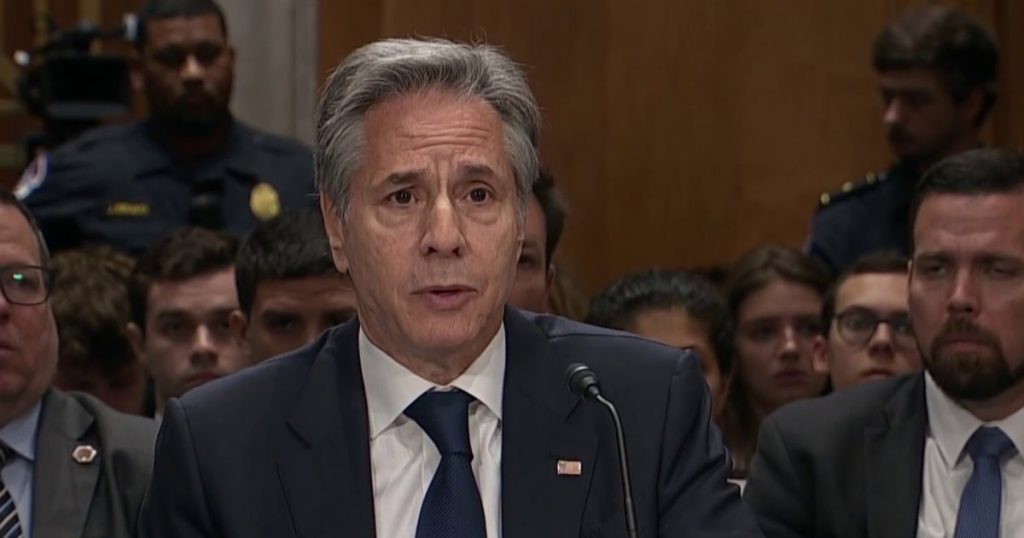The article explores the impact of social media on mental health and well-being, highlighting both positive and negative consequences. One positive aspect is the ability to connect with others and build supportive communities, which can help reduce feelings of loneliness and isolation. Social media platforms also provide access to valuable resources and information that can be beneficial for mental health awareness and education. However, the constant exposure to curated and often unrealistic portrayals of others’ lives on social media can lead to negative self-comparisons and feelings of inadequacy. This can contribute to low self-esteem, anxiety, and depression among users.
The article discusses the role of social media in exacerbating existing mental health issues, such as cyberbullying and online harassment. The anonymity and distance provided by online platforms can embolden individuals to engage in harmful behaviors, leading to increased stress and emotional distress for the victims. Additionally, the constant notifications and pressure to always be connected can contribute to feelings of overwhelm and burnout. This constant state of stimulation can impact sleep patterns and overall well-being, leading to a decrease in mental health and cognitive functioning.
The article also addresses the potential for social media addiction, a phenomenon where individuals become excessively reliant on technology and struggle to disconnect from their devices. This compulsive behavior can disrupt daily activities, relationships, and lead to withdrawal symptoms when not online, resembling those of substance abuse. The need for constant validation and the fear of missing out can drive individuals to spend excessive amounts of time on social media, further exacerbating mental health issues and contributing to feelings of anxiety and inadequacy.
In response to these challenges, the article highlights the importance of setting boundaries and practicing mindfulness when using social media. By regulating screen time, engaging in activities that promote well-being, and being mindful of one’s emotional responses to online content, individuals can mitigate the negative impact of social media on their mental health. Seeking support from mental health professionals, joining online support groups, and participating in digital detoxes are also effective strategies for managing social media use and promoting mental well-being.
Furthermore, the article emphasizes the need for social media platforms to take responsibility for the impact of their platforms on mental health. Implementing tools that promote user well-being, such as content warnings, privacy settings, and algorithms that prioritize meaningful connections over engagement metrics, can help create a more positive online environment. Educating users on the importance of digital literacy and critical thinking skills when consuming social media content is also crucial in fostering a healthier relationship with technology.
In conclusion, while social media has the potential to positively impact mental health through connection and education, it also poses risks to well-being through negative comparisons, cyberbullying, and addiction. By promoting mindful and intentional use of social media, individuals can actively work towards maintaining their mental health in an increasingly digital world. Collaborative efforts between users, mental health professionals, and social media platforms are essential in creating a safer and more supportive online environment for all users.


